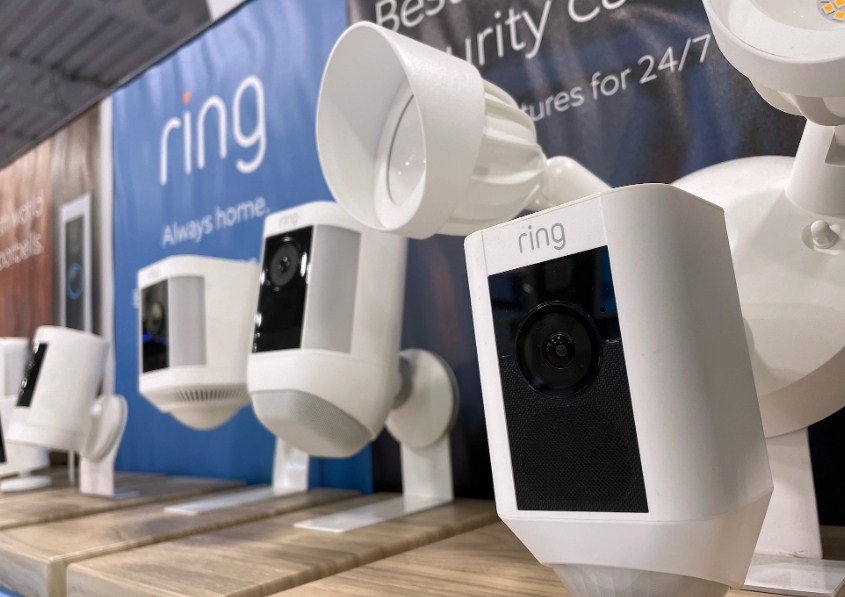Intimate partner violence (IPV) is a major public health concern that affects millions of people worldwide. According to Statistics Canada, in 2018, 44 per cent of women experienced some form of IPV in their lifetime. IPV can have devastating consequences for the physical, mental, and emotional well-being of survivors, as well as their children, families, and communities.
However, technology can also play a positive role in helping survivors of IPV. In this article, we will explore how artificial intelligence (AI) and smart devices can provide support, safety, and empowerment for IPV survivors.
AI can help identify and intervene in IPV cases
One of the challenges of addressing IPV is that many survivors do not report their abuse or seek help, due to fear, shame, stigma, or lack of resources. This makes it difficult for health care providers and social workers to identify and assist IPV survivors.
However, AI can help overcome this barrier by analyzing data from various sources, such as medical records, radiology reports, social media posts, and online searches, to detect patterns and signs of IPV. For example, a recent study by researchers from UC Berkeley and UC San Francisco (UCSF) used machine learning to predict from people’s radiology reports whether or not they were IPV patients. They found that their model was able to predict IPV cases about three years in advance of when the patient would disclose their abuse.
This kind of AI tool can help health care providers and social workers to identify IPV survivors and offer them appropriate interventions, such as counseling, referrals, or legal assistance. AI can also help educate and empower IPV survivors by providing them with information, resources, and support through online platforms, chatbots, or apps.
Smart devices can help protect and monitor IPV survivors
Another way that technology can help IPV survivors is by providing them with smart devices that can enhance their safety and security. For example, smart home devices, such as cameras, locks, lights, and alarms, can help IPV survivors to control their environment and prevent unwanted intrusions by their abusers. Smart home devices can also help IPV survivors to communicate with emergency services, trusted contacts, or support groups, in case of danger.
However, smart home devices can also be misused by abusers to harass, monitor, or control their victims. This is known as Internet of Things (IoT) abuse, and it is a growing form of technological abuse. Therefore, it is important for IPV survivors to be aware of the potential risks and benefits of using smart home devices, and to take steps to protect their privacy and security, such as changing passwords, disabling remote access, or using encryption.
Another type of smart device that can help IPV survivors is wearable technology, such as smart watches, bracelets, or rings, that can track their health, location, or activity. These devices can help IPV survivors to monitor their physical and mental health, and to alert emergency services or trusted contacts if they are in danger. Wearable technology can also help IPV survivors to collect evidence of their abuse, such as photos, videos, or audio recordings, that can be used for legal purposes.
However, wearable technology can also pose risks for IPV survivors, such as being tracked, hacked, or manipulated by their abusers. Therefore, it is important for IPV survivors to be careful about who they share their data with, and to use secure and encrypted platforms to store their data.
Technology can help IPV survivors, but it is not a panacea
Technology can offer many benefits for IPV survivors, such as identification, intervention, protection, monitoring, empowerment, and evidence. However, technology is not a panacea, and it cannot replace the human and social aspects of addressing IPV. Technology can also have limitations, drawbacks, and ethical issues, such as privacy, security, accuracy, bias, or accountability.
Therefore, it is important for IPV survivors, as well as health care providers, social workers, and policy makers, to be aware of the potential opportunities and challenges of using technology to help IPV survivors. Technology can be a powerful ally, but it should be used with caution, care, and compassion.

